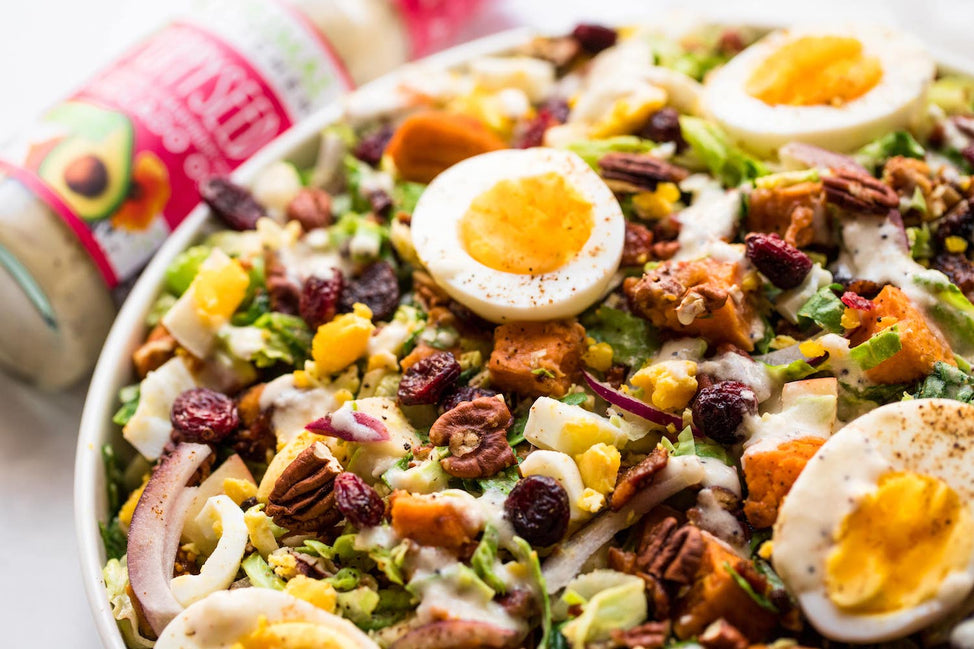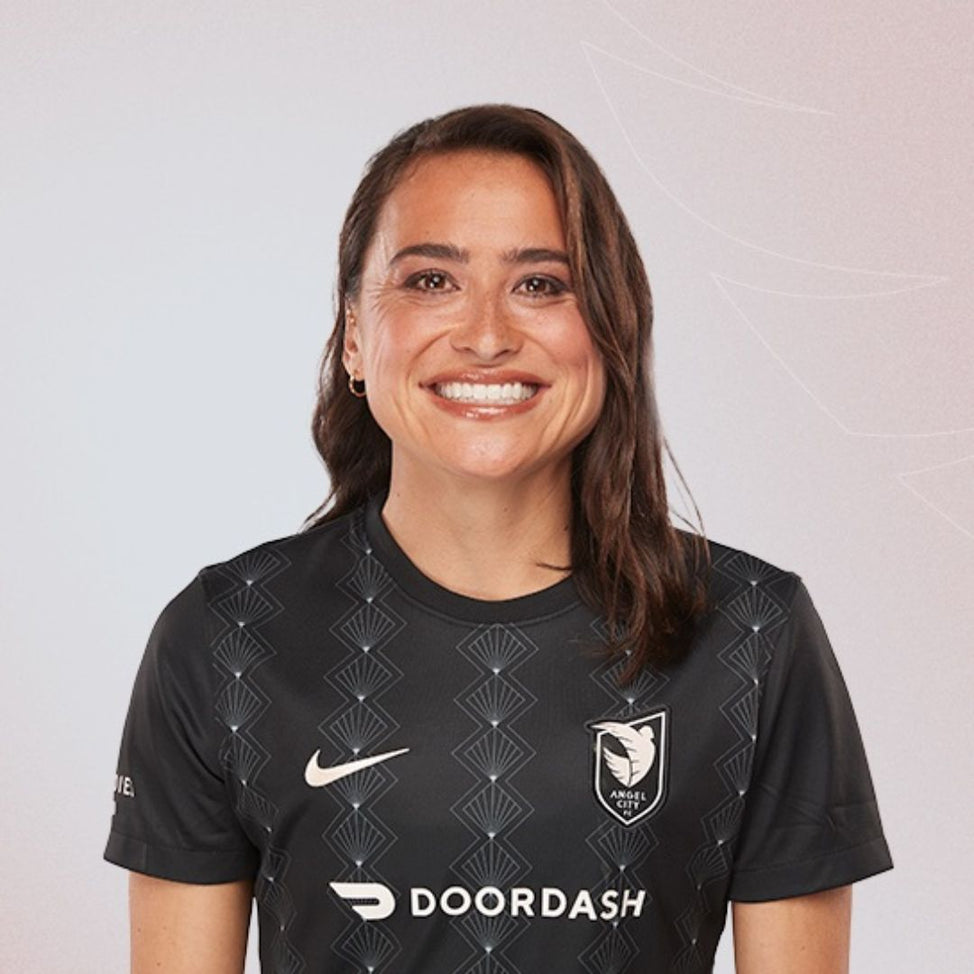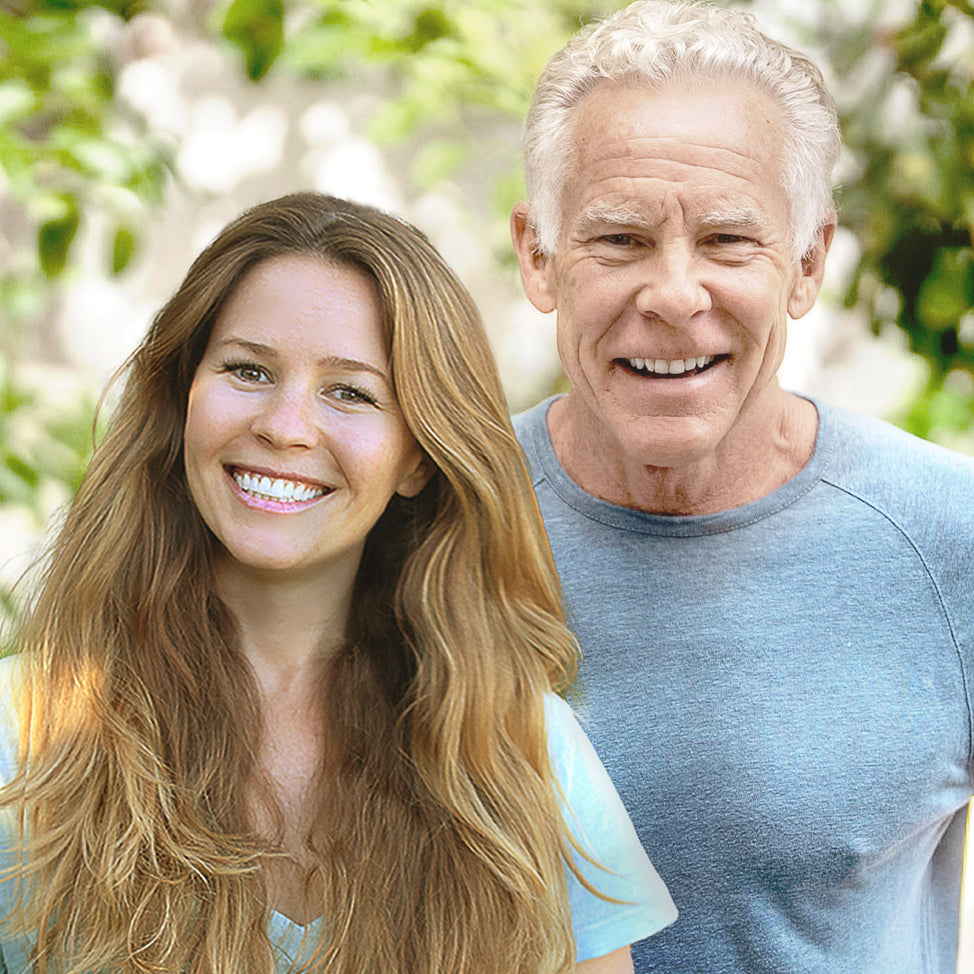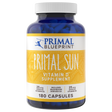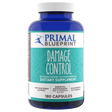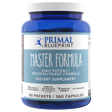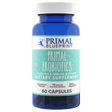Primal Sun (Vitamin D)
Need It Today? Find In Store
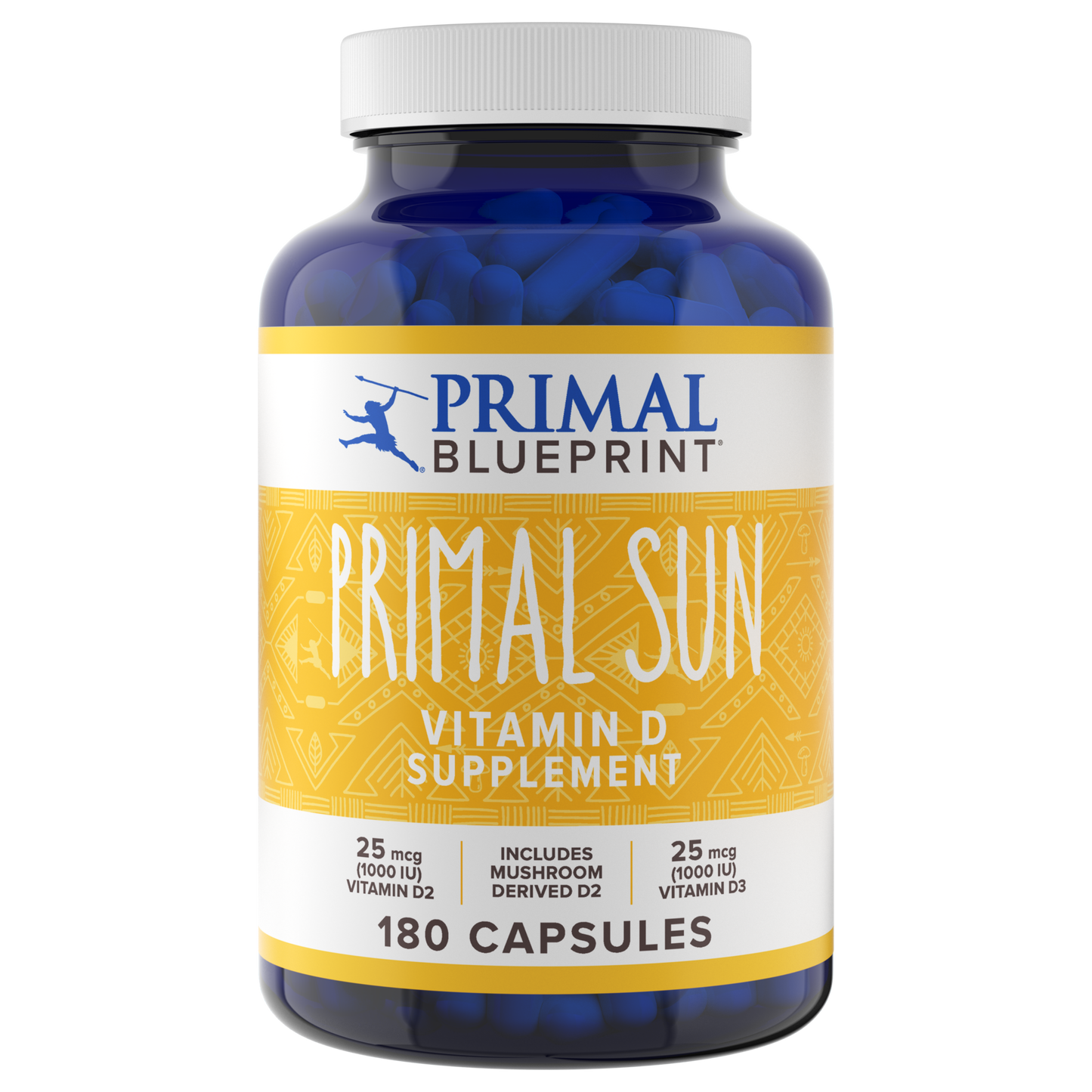


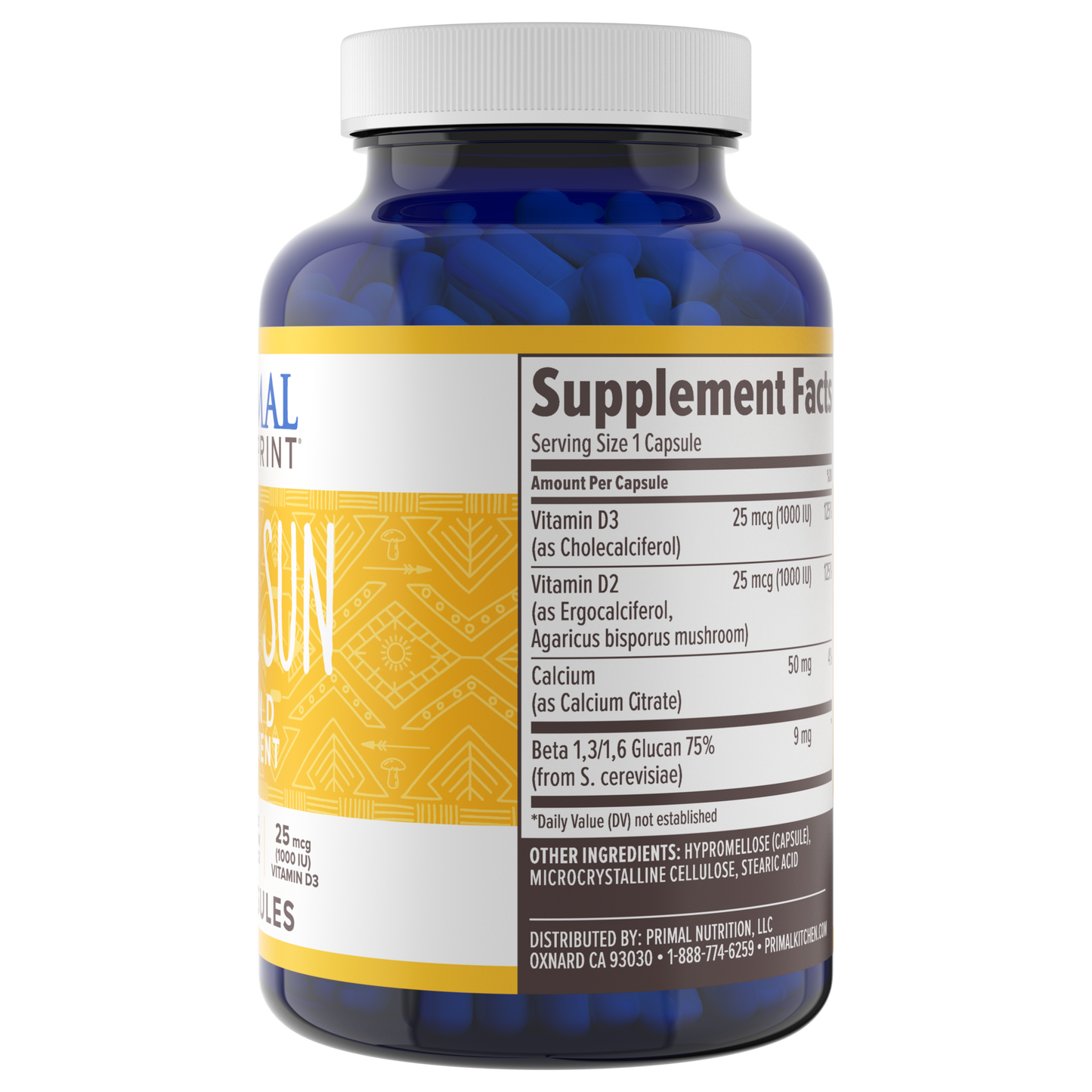
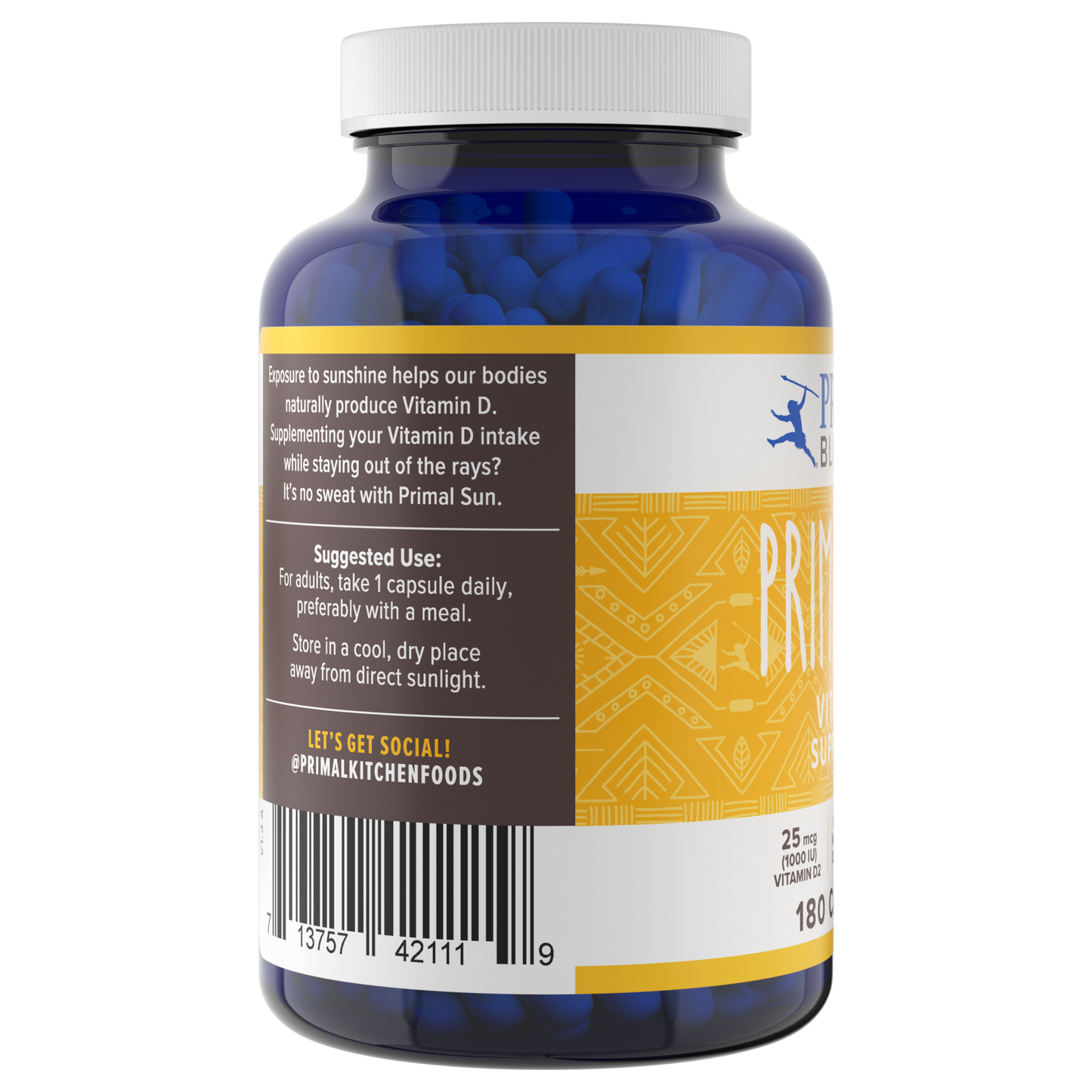
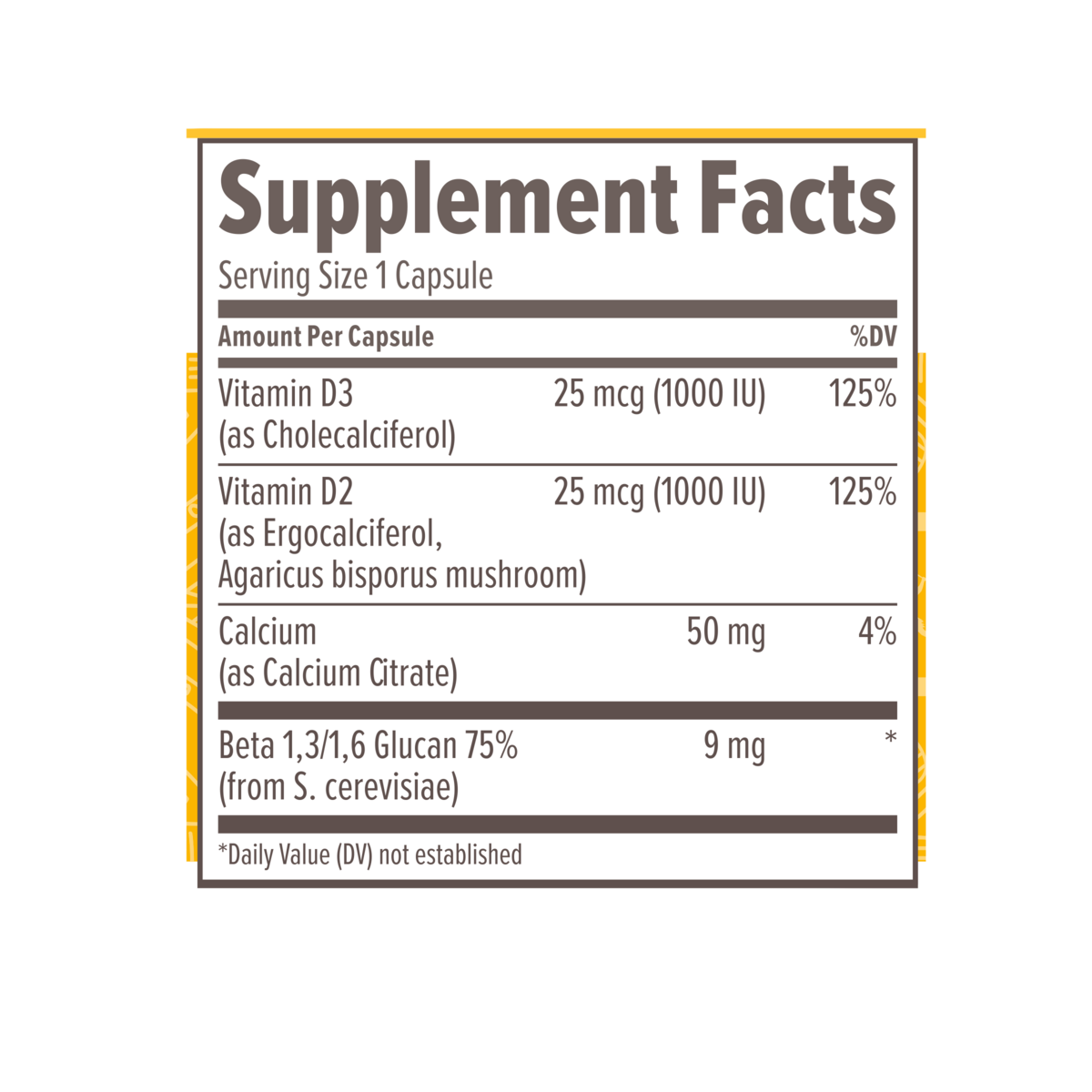
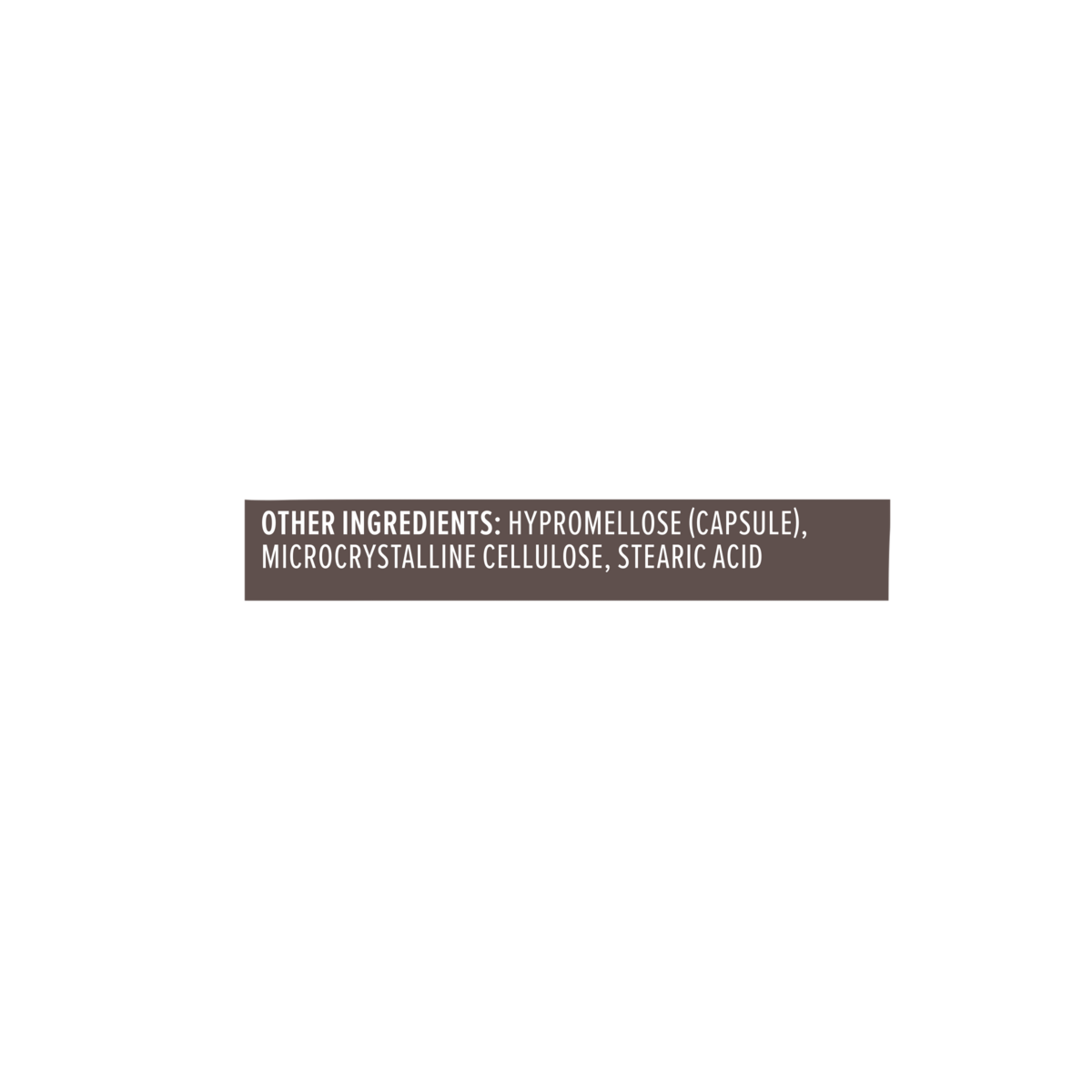
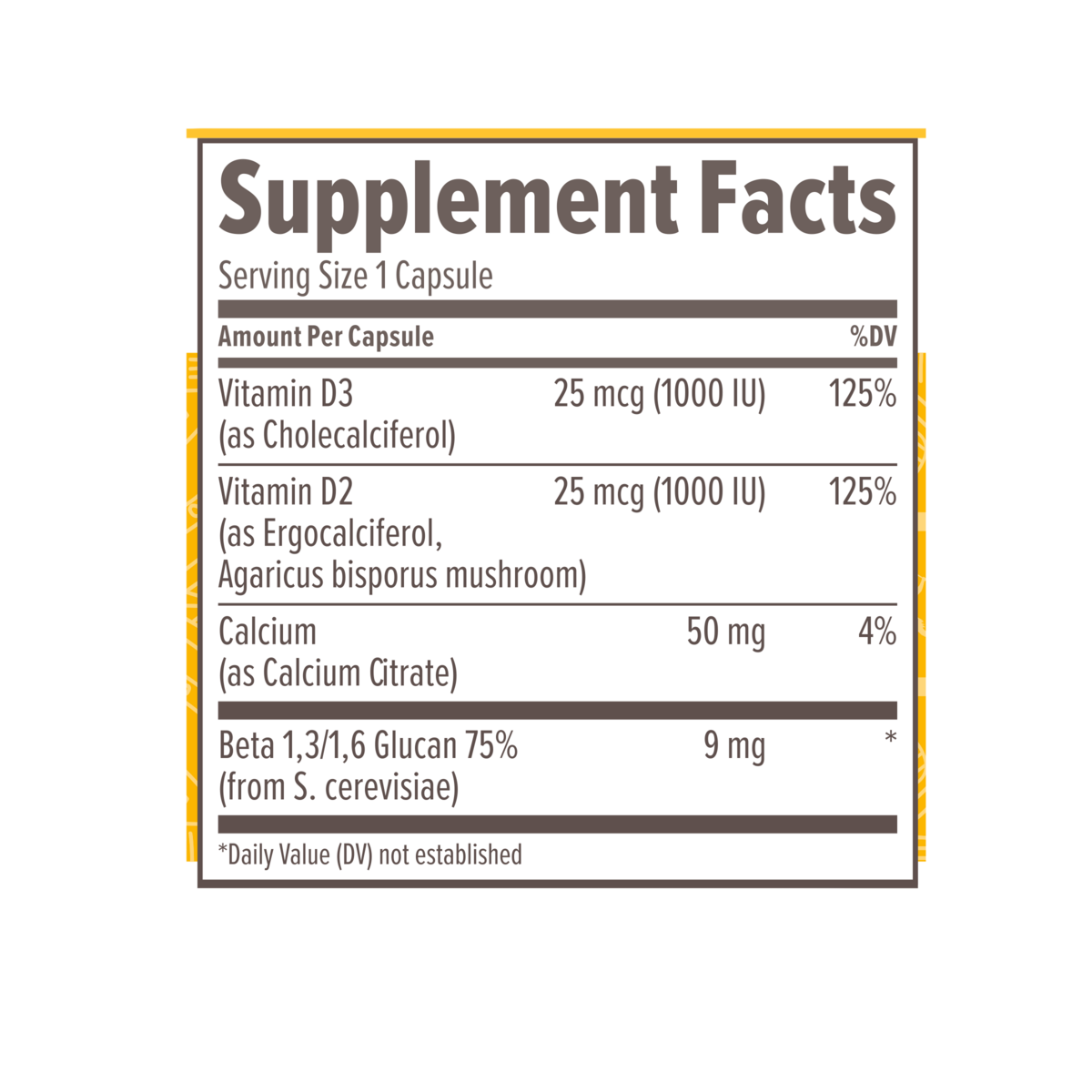

Savor mouthwatering meals made with real food ingredients and bursting with flavor. From quick bites to easy family dinners, these recipes bring simplicity and deliciousness to your table.
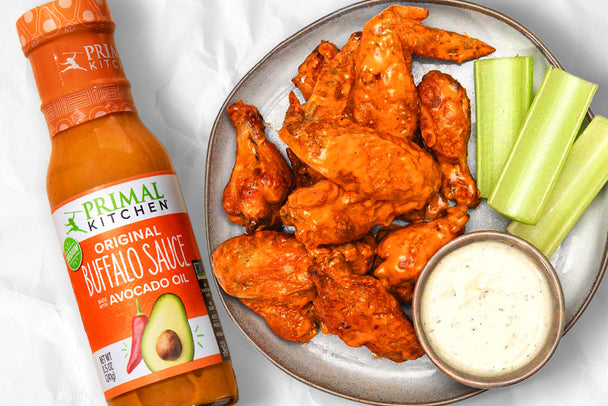 Crispy Baked Buffalo Wings
Crispy Baked Buffalo Wings
 Chicken Bacon Ranch Pizza
Chicken Bacon Ranch Pizza
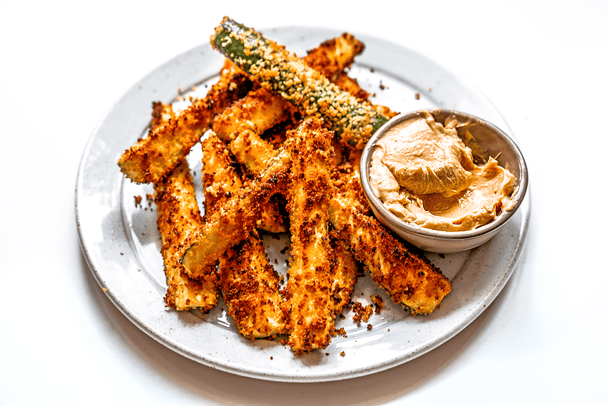 Gluten-Free Zucchini Fries
Gluten-Free Zucchini Fries
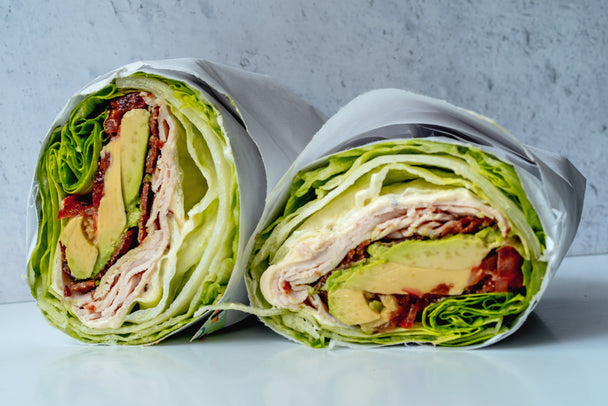 Turkey Club Lettuce Wrap
Turkey Club Lettuce Wrap
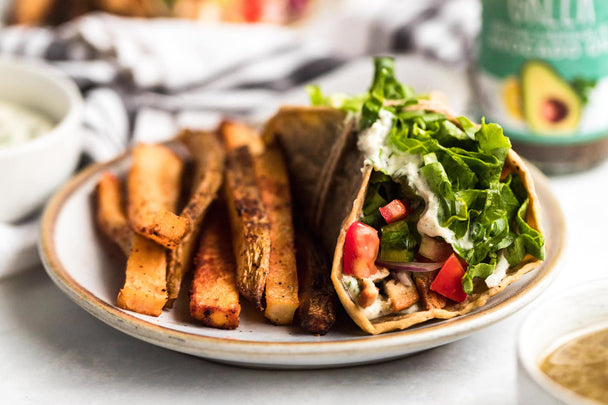 Greek Chicken Gyro
Greek Chicken Gyro
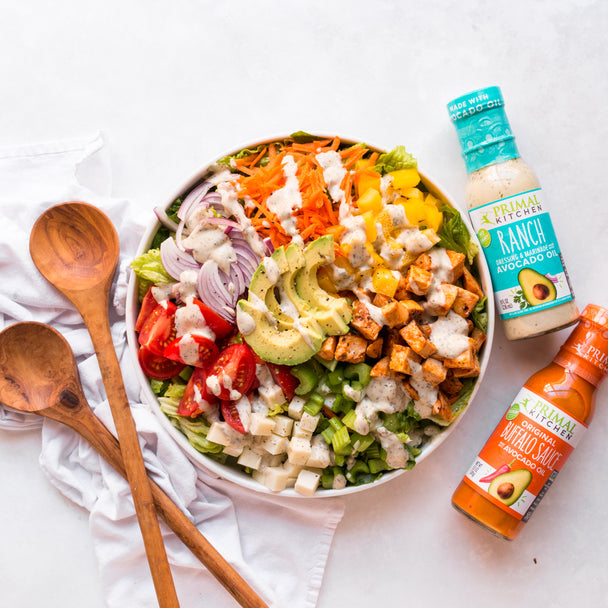
I have been looking for a ranch dressing that does not use soybean oil and have not been able to find anything worth buying again until I found Primal Kitchen, this product is flavorful healthy and taste great.
- Ken
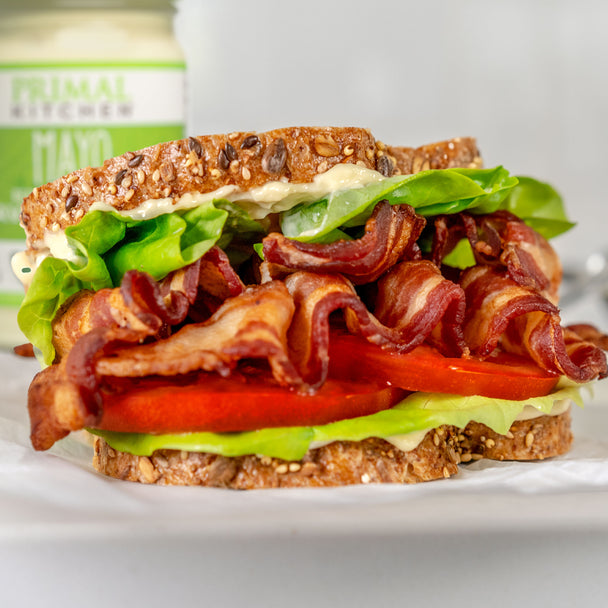
This mayo is not only tasty but has great ingredients. This is the only mayo my family uses.
- Linda
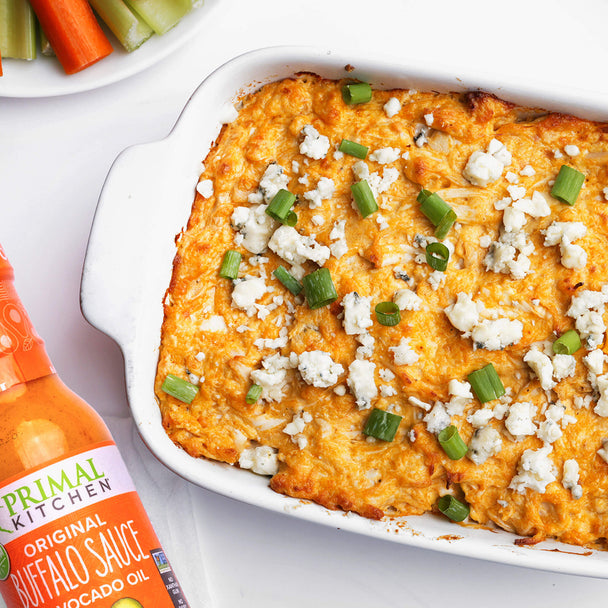
A healthy choice NO sunflower, or coconut oil instead, it has avocado oil. It has just the right blend of taste and heat to complement any dish.
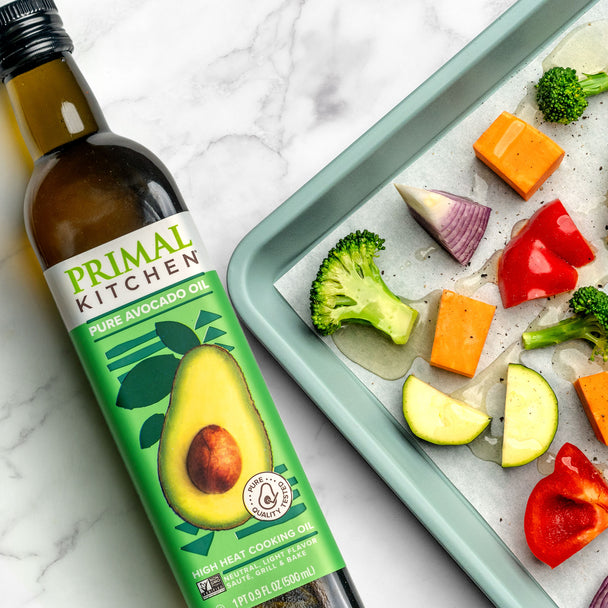
We use avocado oil all the time - great option for high heat frying, sautéing, making dressings or marinades, and baking. PK quality is excellent.
- Kimberly
Reviews
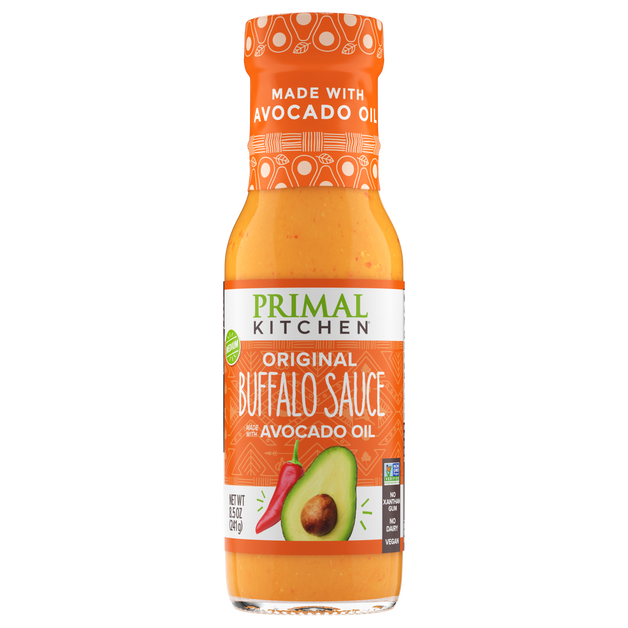
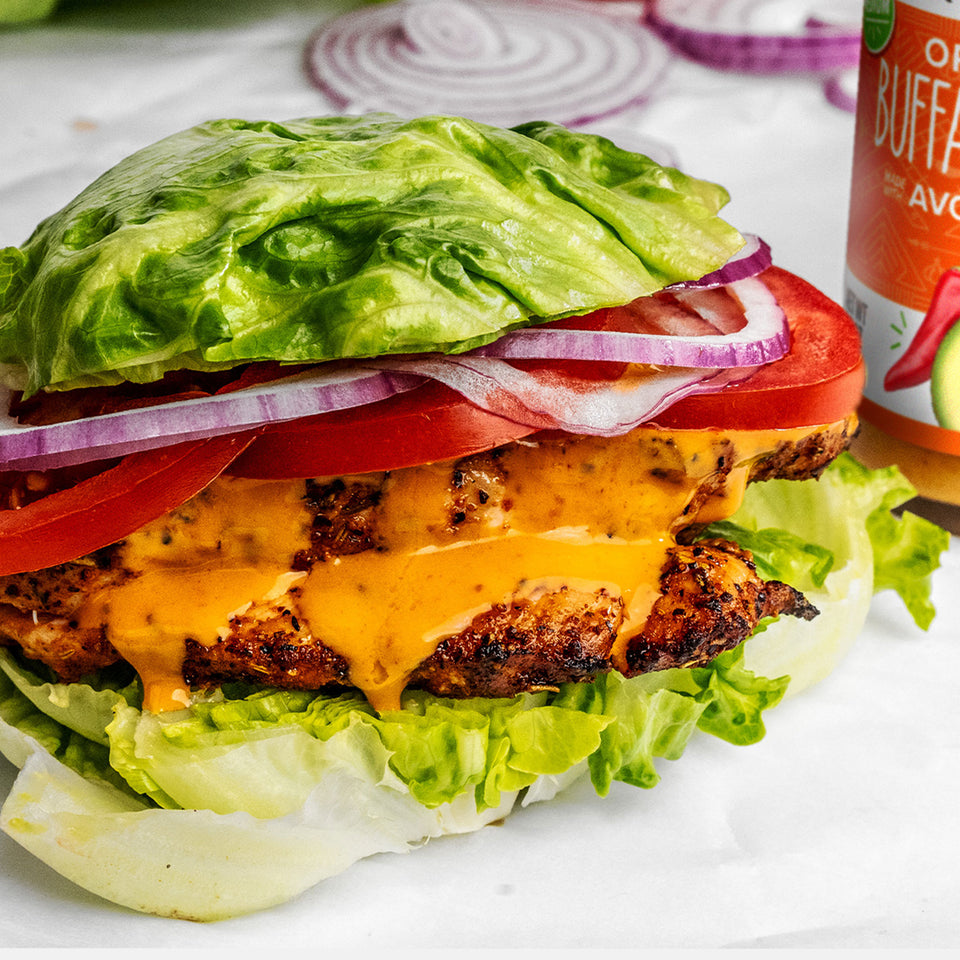

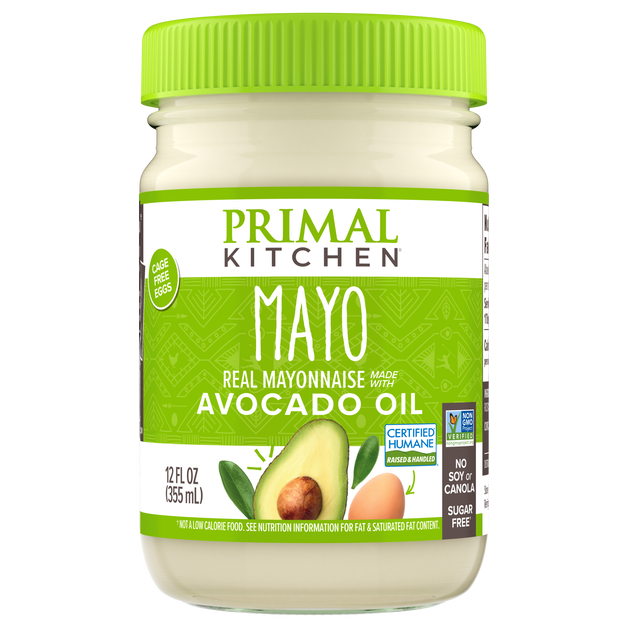
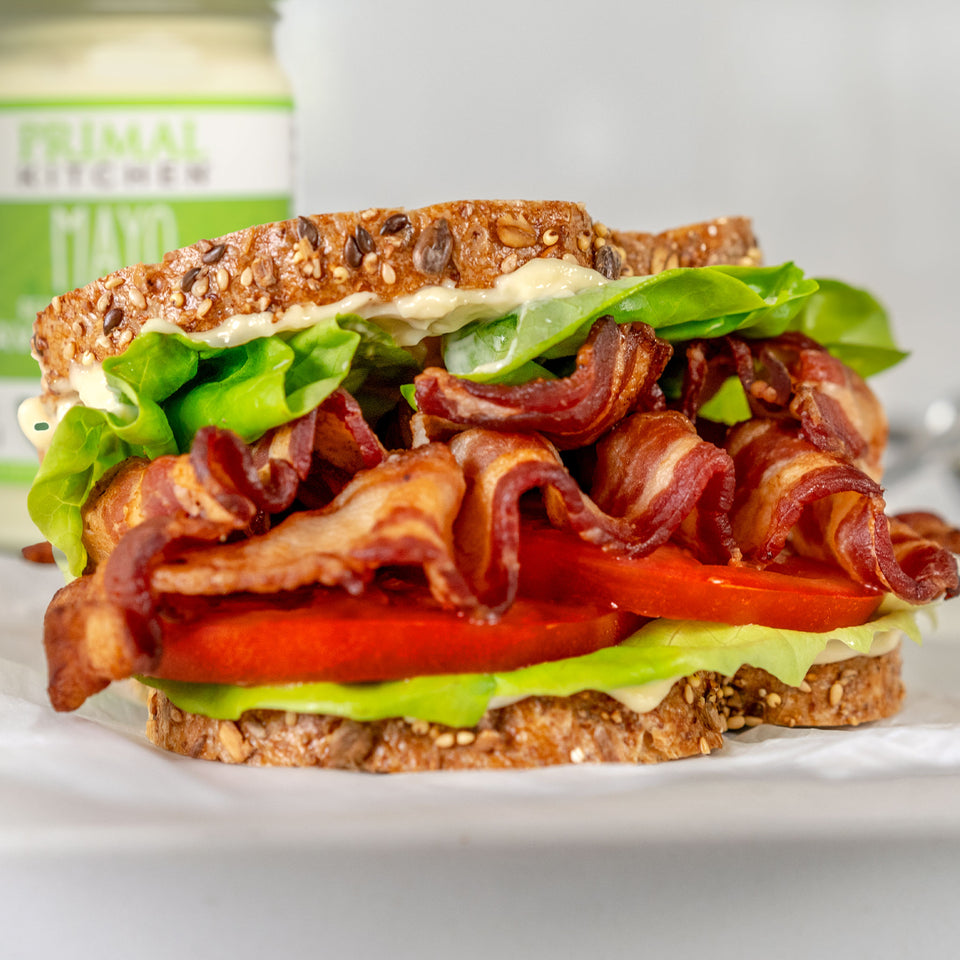


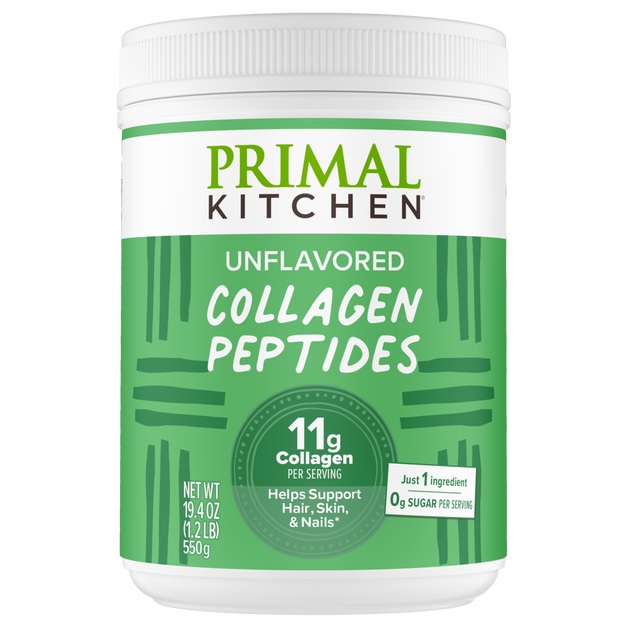
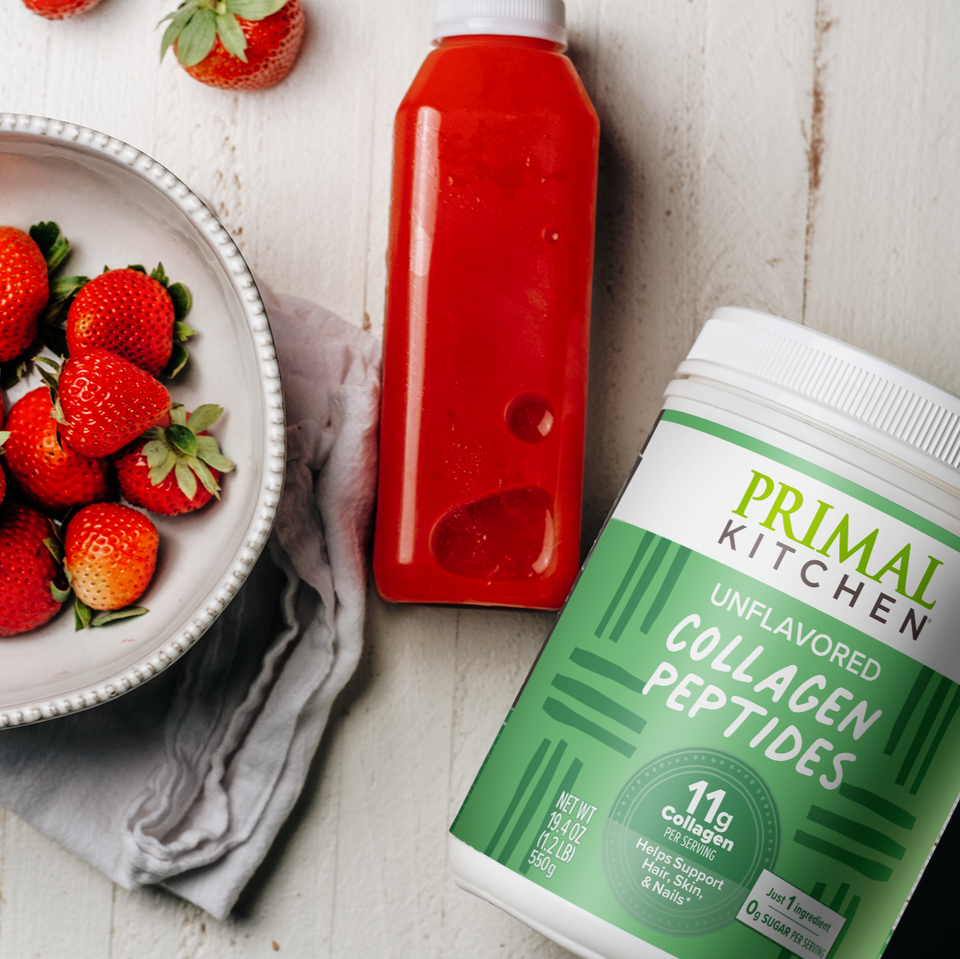
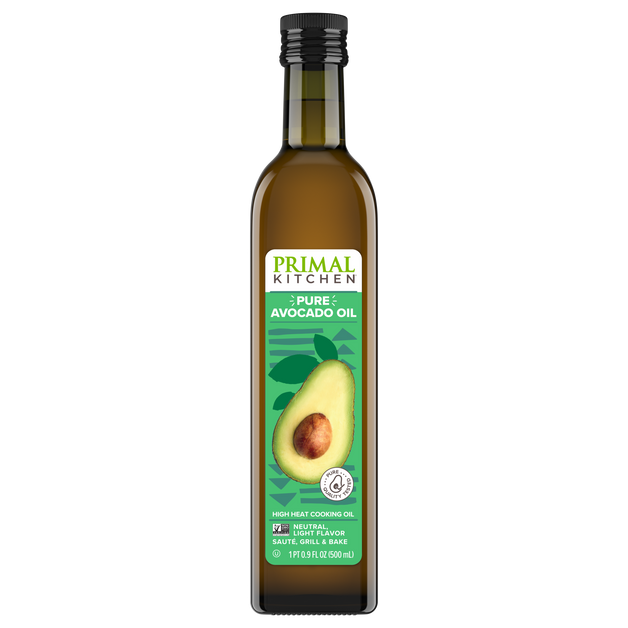
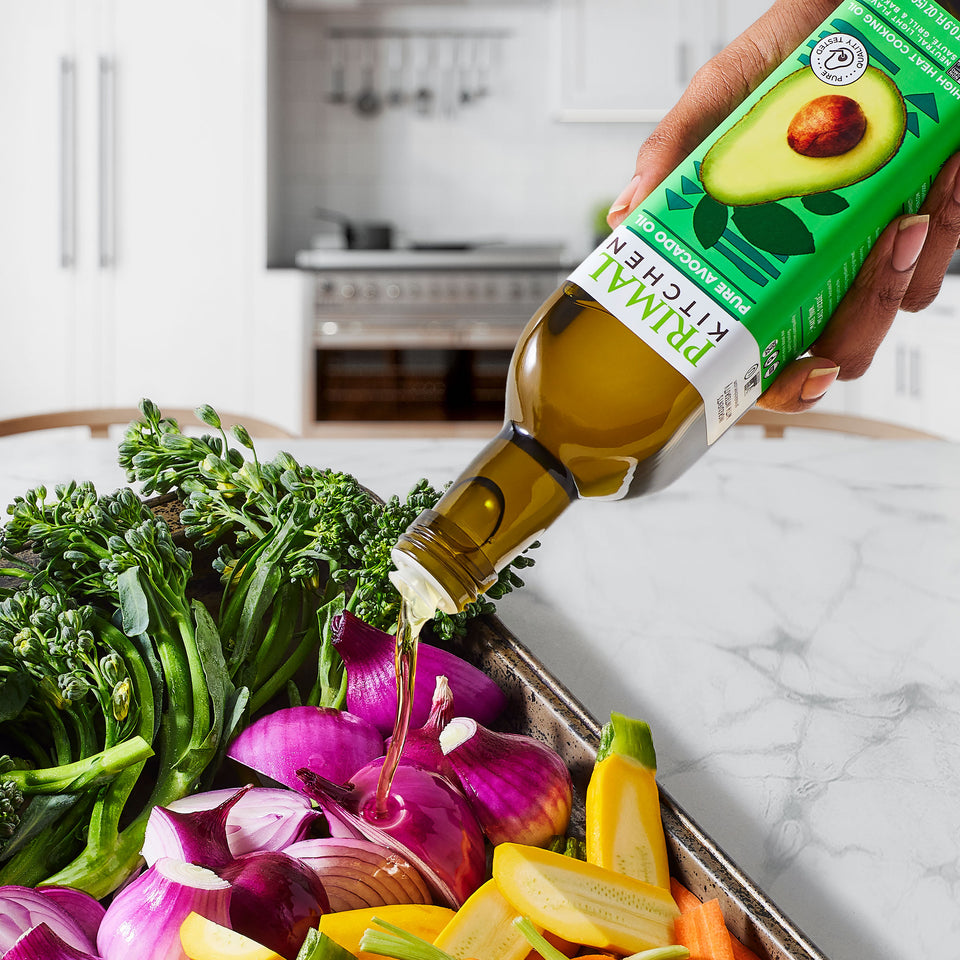

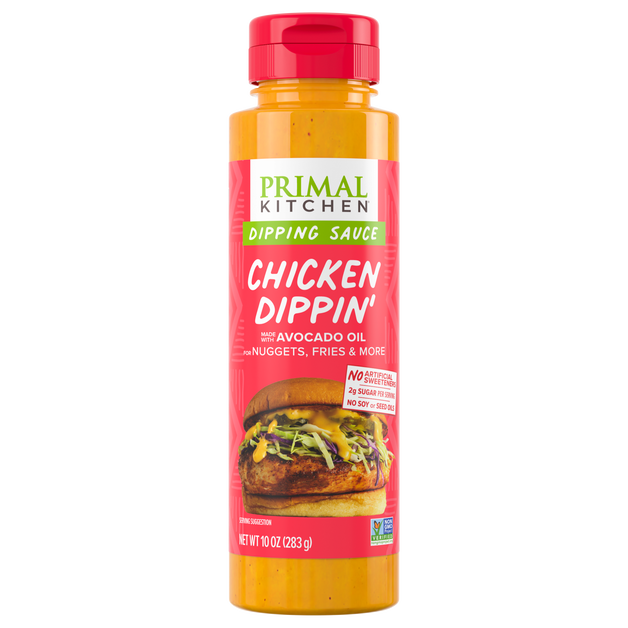
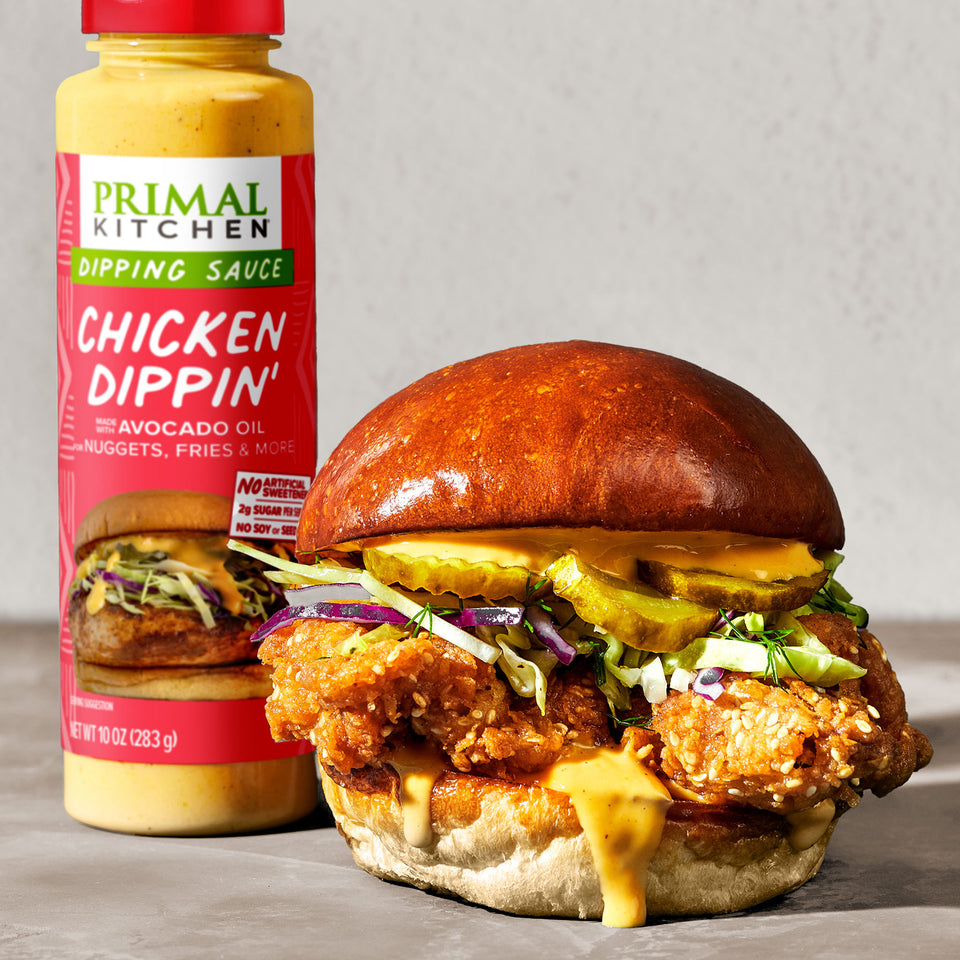
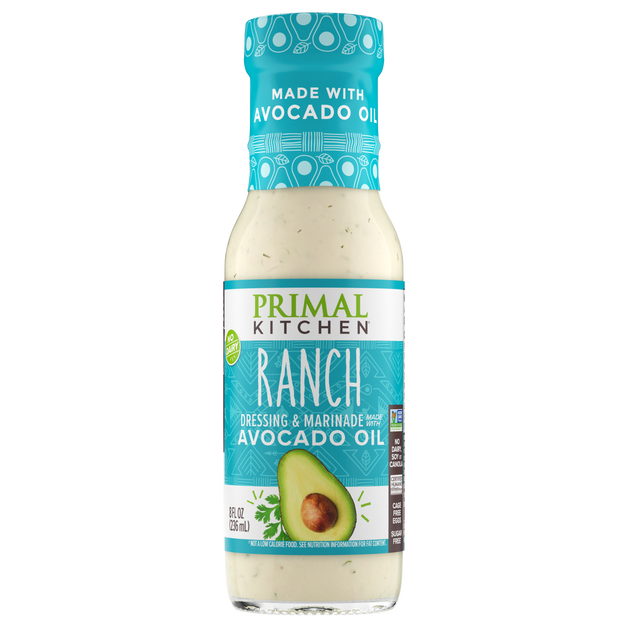
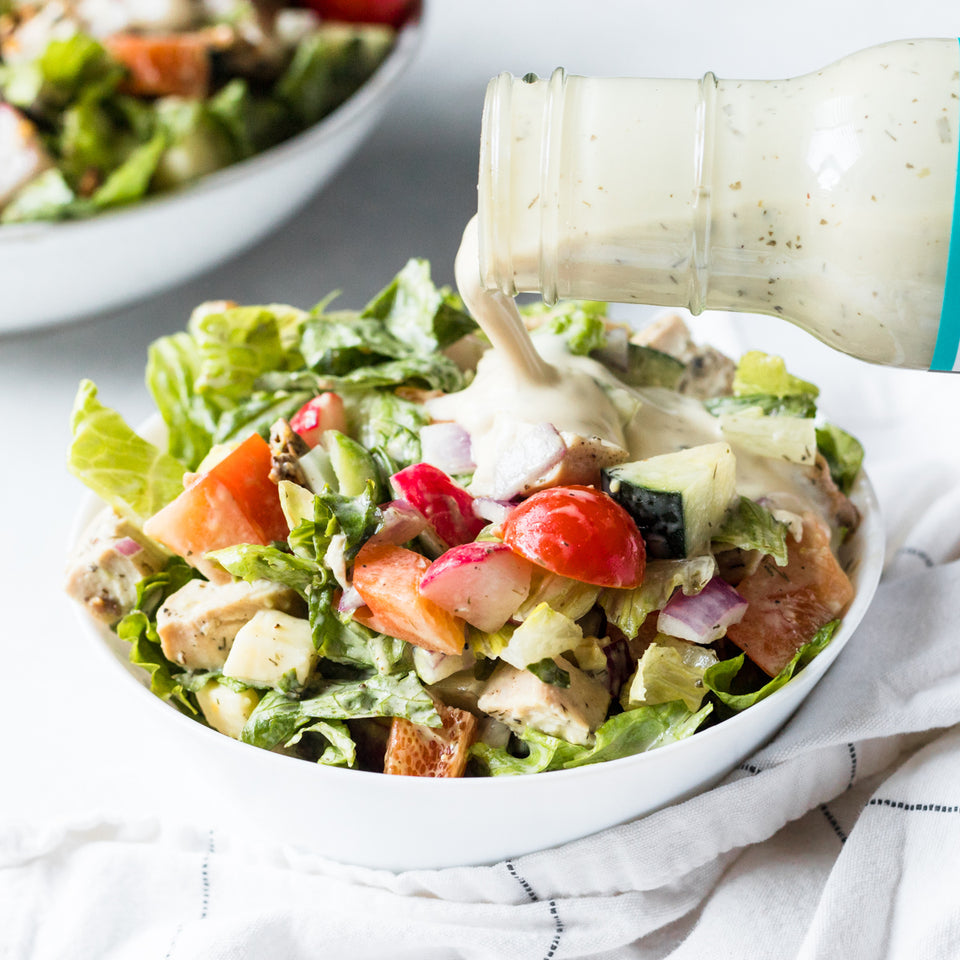
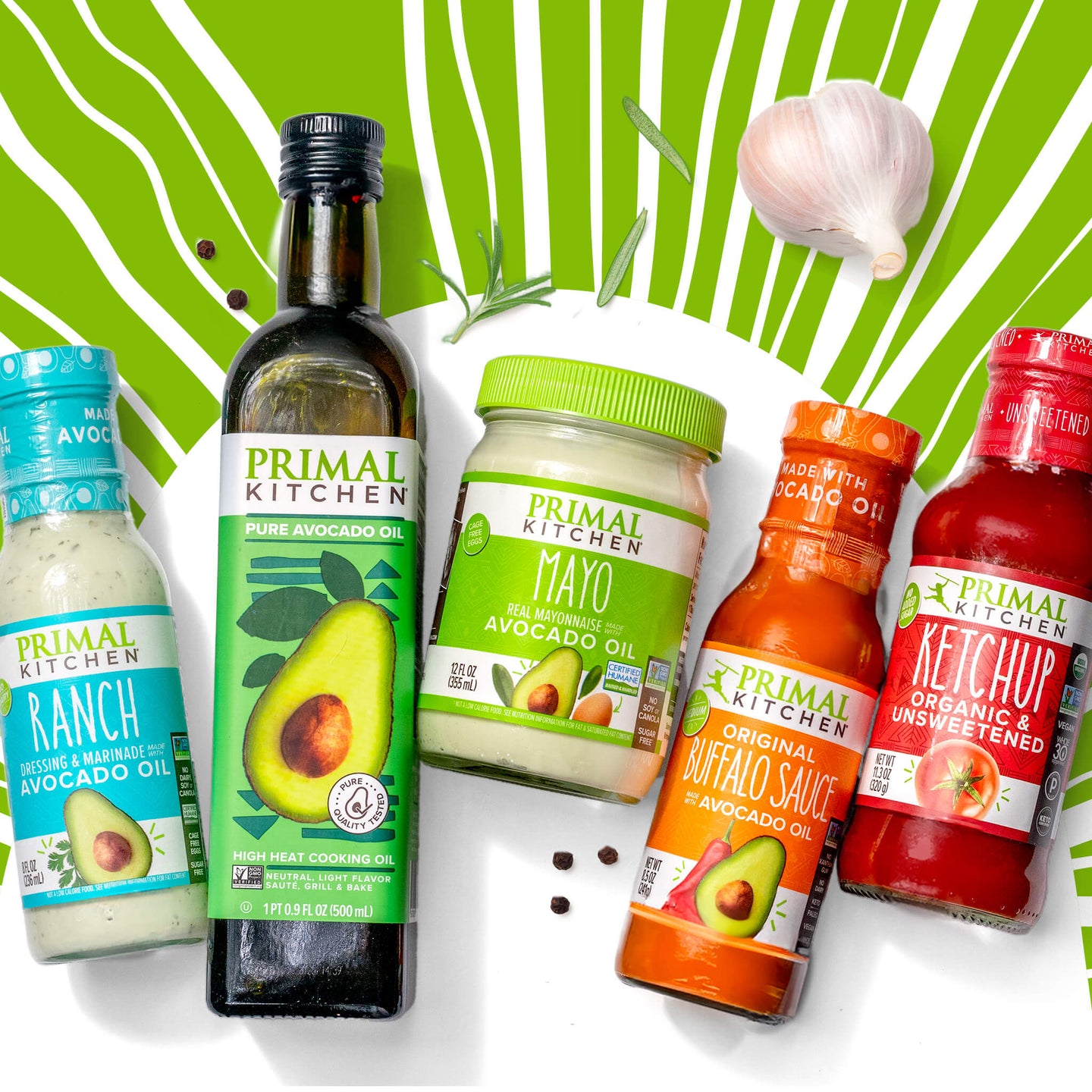
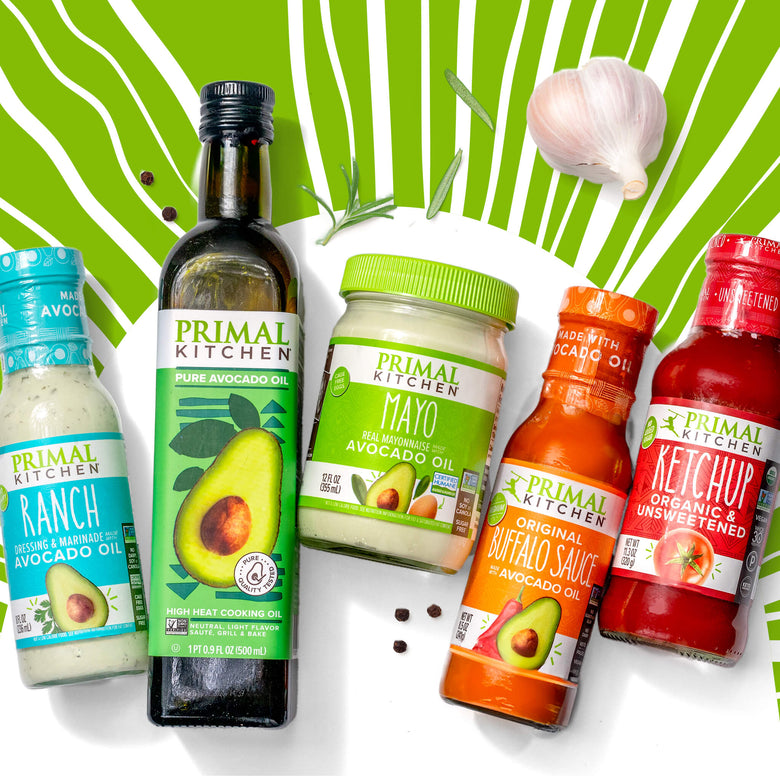
Join our loyalty program today to earn points towards purchases and free goodies. Earn 500 points just for signing up! Plus, free shipping on every order of $25 or more.
FREQUENTLY ASKED QUESTIONS
You Might Be Wondering…
How much vitamin D do I need per day?
Since 2010, the recommended daily allowance of vitamin D has fallen between 400 and 800 IU per day, but new research suggests adults may actually need at least 2,000 IU of vitamin D every day, and the best source of vitamin D is from the sun! It is estimated that the human body is able to produce 10,000 IU to 20,000 IU of vitamin D3 from as little as 30 minutes of sun exposure. However, the majority of adults do not get even 30 minutes of regular sun exposure. Subsequently, vitamin D deficiencies are rising among all age groups in the U.S. Vitamin D food sources, such as salmon, egg yolk and raw milk, only provide around 200 IU to 400 IU of vitamin D, which is why most adults would benefit from vitamin D supplementation.
Is it possible to take too much vitamin D?
Yes. Please speak to your doctor for the correct dosage for your personal health.
Is it better to get sun than to take supplements?
Take stock of your living situation. If the sun is pretty much a constant where you live, then opt for some actual rays whenever possible. It’s free, it’s safe, it’s easy and it’s enjoyable! For those of you who work in an office or live in a colder climate, supplementation is an easy and effective way to ensure adequate vitamin D levels.
Can I get vitamin D through food?
Certain foods are touted as vitamin D powerhouses: wild salmon, mackerel, herring, catfish, cod liver oil and eggs. Each of these foods is an excellent primal approach to eating, but won’t significantly enhance vitamin D levels. If your vitamin D levels fall within the danger zone (less than 40 ng/ml), then supplementation is strongly advised.
How long does vitamin D stay in the body?
It’s believed that when taken orally vitamin D has a half-life of one month. Because excess vitamin D is stored in fat, some vitamin D can remain in the body for an extended period of time to be used during months when access to the sun is limited, such as the winter season.
How long is the shelf life for this product?
It maintains optimum potency for up to 18 months.
How do you manufacture vitamin D3?
Vitamin D3 is derived from lanolin (from sheep's wool). We have found that while D3 seems to be preferred by most, some people just can't absorb it well, so we offer both forms in Primal Sun.
Product information is subject to change and packaging may not be an exact match to labels and packaging in the marketplace.
